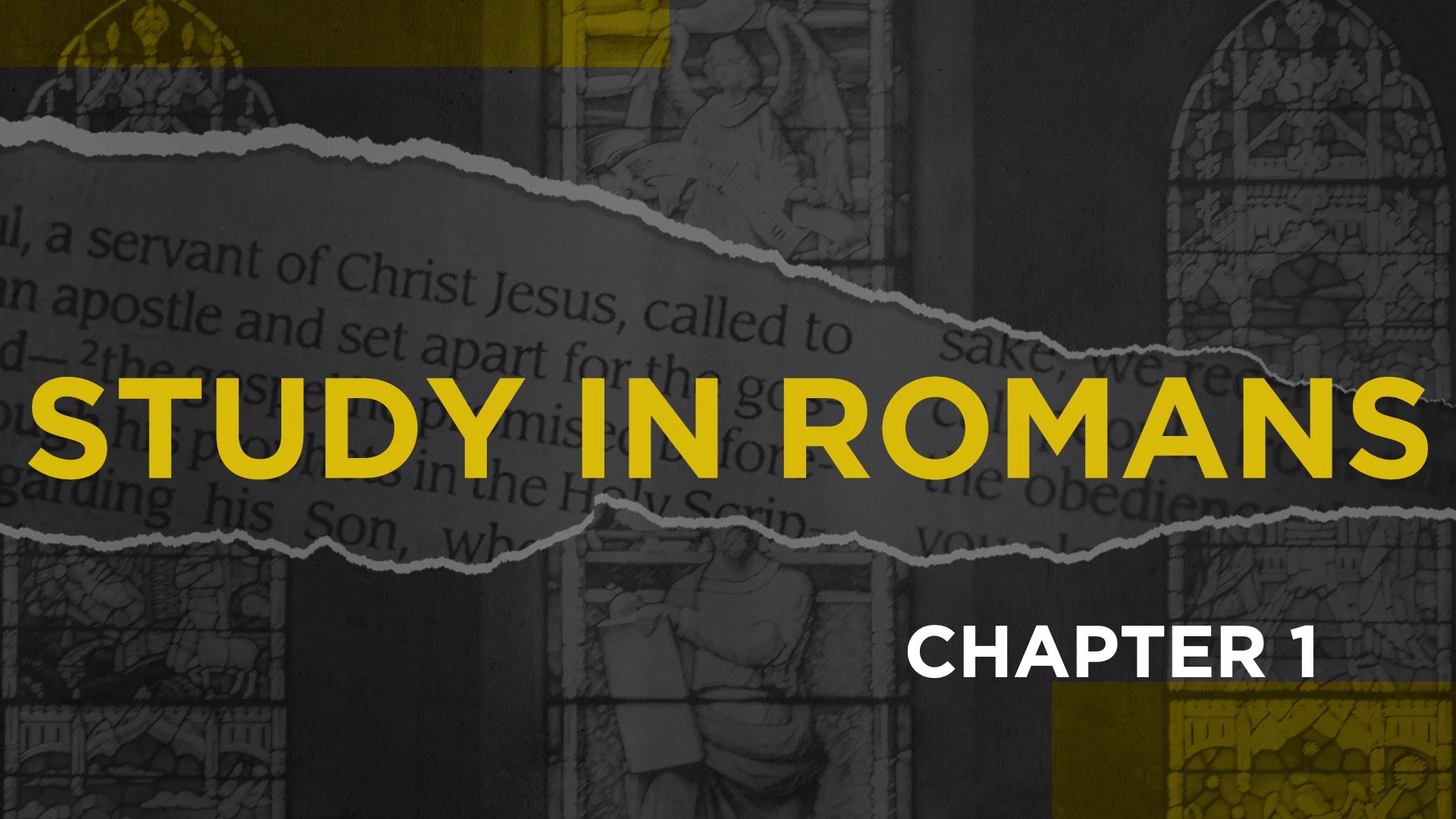“Never underestimate the destructive power of good intentions.”
Karl Popper
“While we are postponing, life speeds by.”
Seneca
___________________________________
We all carry regret. It’s part of the human condition. But not all regrets weigh the same. Some regrets come from what we did: words we said in anger, decisions we rushed, relationships we damaged. But others, often the ones that haunt us the longest, come from what we didn’t do. The phone call we never made, the risks we didn’t take, or the silence we were afraid to break.
Psychologists Thomas Gilovich and Victoria Medvec researched how people experience regret across time. They found that in the short term, people tend to regret their actions more—the wrong things they did. But over time, a dramatic shift occurs. In the long run, people overwhelmingly regret inaction more than their mistakes.
While sitting around a campfire last week on the Wilderness trip (mentioned in my previous email), we got into a discussion about risk. These kinds of trips into the wilderness tend to bring up topics like this. As we were sitting there, Steve, the founder, said a phrase that made me stop the conversation and have him repeat it again.
“So many people’s lives die on the altar of good intentions.”
No one sets out to live a mediocre life of compromise. Yet for so many, this is the case.
So many people’s dreams do die on the altar of good intentions.
___________________________________
In Matthew 21:28–31, Jesus tells a simple but potent parable:
“There was a man who had two sons. He went to the first and said,
‘Son, go and work today in the vineyard.’
‘I will not,’ he answered, but later he changed his mind and went.
Then the father went to the other son and said the same thing.
He answered, ‘I will, sir,’ but he did not go.
Which of the two did what his father wanted?”
“The first,” they answered.
Jesus affirms that it is not the promise that counts, but the obedience. Words and appearances can be deceptive; it’s the actual doing of God's will that matters in the kingdom of God.
The Bible does not shy away from this theme.
The servant who buries his talent in Matthew 25:14–30 isn’t punished for wasting resources, but for doing nothing. He was paralyzed by fear and justified his inaction. Jesus calls him wicked, not for failing, but for refusing to risk.
In Ezekiel 33:31–32, God tells the prophet that His people “Come to hear your words… but they do not put them into practice.” He compares their listening to a love song—something beautiful, emotional, and ultimately useless.
The theme is painfully clear: God is not impressed by emotion, intention, or admiration. He’s after obedience.
Men in modern society live caught in the tension of the second son. They say, “Yes, I will,” but then they don’t. Their faith lives in good intentions, not transformed behavior.
What’s particularly dangerous is that this isn’t rebellion; it’s self-deception. Perhaps worse, we are surrounded by people in the modern church who will comfort us, encourage us, and have empathy for our disobedience.
Theologians often speak of the ordo salutis, the order of salvation. But in today’s society, I think we also have an ordo stagnationis, an order of spiritual stagnation.
If I were to map it out, it would look something like this:
Inspiration, then good intentions, then distraction, then delay, then rationalization, and eventually, resignation.
Many men live in this loop indefinitely. They’re always planning to follow through, just later.
But why does this happen despite our best intentions?
THE PSYCHOLOGY OF DRIFT
Many men today carry dreams, desires, convictions, and visions that never make it out of their heads or journals. They mean to lead their families, reconcile relationships, and reorient their lives toward God. They say yes in their hearts, but the vineyard of obedience remains untouched.
What’s happening here isn’t just spiritual; it’s also psychological.
There’s a concept called the planning fallacy, the idea that we always think we’ll have more time, energy, and clarity tomorrow. So, we say yes today, but we count on “later” to follow through. Later is when we’ll get serious. Later is when we’ll really show up. Later is when we will lead our families, serve at church, open our hearts, and follow through.
But later keeps moving. It’s a mirage that’s always “just beyond today.”
It’s not that they don’t care. It’s that they’re exhausted, overstimulated, and unsure of how to move forward. They settle for good intentions, and over time, the soul pays the price.
Psychologists call this vicarious moral licensing, the idea that just thinking about doing the right thing gives us a false sense of moral credit. We say things like, “I meant to reach out,” or “I’ve been praying about that,” and we feel a small sense of relief, but it’s not obedience; it’s illusion.
When that gap between intention and action widens over years, it leads not just to regret but also to the quiet death of integrity, identity, and spiritual formation.
This isn’t just a psychological dynamic; it becomes a scheme of the enemy. Satan loves men who talk about obedience, value obedience, have massive vision for the future, but who never do anything about it. He doesn’t need to sabotage our plans when we never follow through with them anyway. This is more common than you think.
Our churches are filled with men who agree with sermons but avoid spiritual discipline. Our friend groups reward sarcasm more than seriousness, and our online lives are curated to give us the illusion of movement while our real lives remain untouched. The result? A generation of men with a backlog of commitments they never fulfilled.
So much of our faith is marked by over-promising and under-living.
Jesus never applauded good intentions.
He didn’t say, “Well said, good and faithful servant.” He said, “Well done.”
Jesus teaches that the kingdom is for those who go. Those who obey, even if we wrestle to do this at first. This is the scandal and beauty of the first son we read about in this parable. He starts in defiance but ends in repentance, and repentance, not promise, is the currency of heaven.
___________________________________
So, how can we move from intention to transformation?
You don’t become the kind of person who prays by intending to pray. You become that person by praying. You don’t become generous by meaning to give. You become generous by giving.
So here are some practical ways to make sure your calling doesn’t die on the altar of good intentions.
Name the Lie
Brutally examine the story you’re telling yourself. “I’ll get to it later.” “It’s not the right time.” “God knows my heart.” These lies must be replaced by a fierce love for truth.
Close the Gap
Pick one area where your intention has not become action—just one—and go to the vineyard. Today. Text your friend. Confess the habit. Wake up and pray. Apologize. Lead the meeting. Turn off your phone. The smallest act of obedience begins to heal the rift.
Build Accountability Around Your Action, Not Just Your Ideals
Find a man who won’t let you die in theory. Make your accountability based on obedience, not intention. Fight for friends who will question your labor in the actual vineyard and who love you enough to refuse your excuses, yet walk with you on the path of obedience.
Repent of Romanticizing Conviction
Conviction is not transformation; only obedience leads to freedom. Repent for all the times you mistook emotion for change. Resist resonance with actual obedience.
___________________________________
Jesus is not condemning the weak-willed; He’s calling them to wake up.
Notice what Jesus says: “Go and work today in the vineyard.”
Not tomorrow.
Not when life slows down.
Not when the kids are older.
Not when the calendar clears.
Today.
You don’t need a new vision; you need to act on the one you already have.
You don’t need to feel it more; you need to move.
Let’s not die with journals full of good intentions and lives that never leave the page.
Let’s not leave obedience in the realm of imagination.
Let’s not die on the altar of good intentions; let’s live in the freedom of obedience.
Imagine your future self, 10, 20, 30 years from now, looking back on this season of your life.
What will you regret?
Will it be a risk you took that didn’t work out? Or will it be the love you never expressed, the prayer you never prayed, the calling you never pursued, the son you never initiated?
You were made for more than ideas. So don’t die on the altar of good intentions.
Hope to see you in the vineyard.
Cheers.
Jon.
___________________________________
Discussion Questions:
What is one thing you deeply value, but haven’t acted on in weeks or months? What excuses have you been making to justify this?
Where have you used spiritual language to delay obedience?
What lie do you need to name before it becomes your legacy? What is the root of this lie?
What part of you is quietly dying from the gap between who you say you are and what you actually do?
What is one act of obedience you can take this week, so you don’t die on the altar of good intentions?





